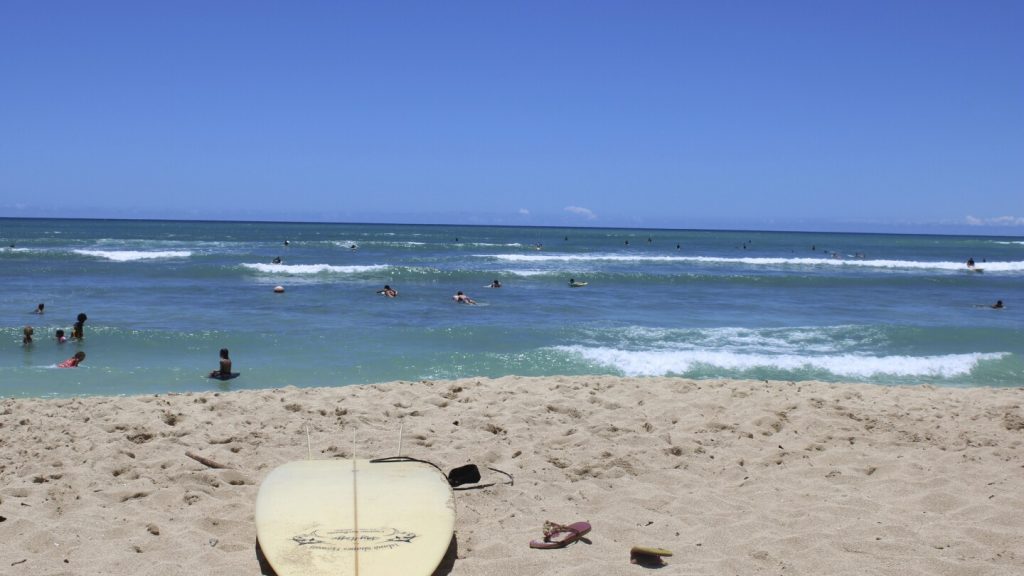Opponents of a proposed artificial wave pool in Hawaii have achieved a victory as a judge has halted the project until developers can revise their environmental assessment. The concerns raised by Native Hawaiians and other residents focus on the potential impact on water supply and the unnecessary nature of the project in the birthplace of surfing. The Honokea Surf Village, planned for west Oahu, has faced legal challenges from a group of individuals who believe that the wave pool, with a capacity of 7 million gallons, is not needed so close to the ocean and another existing wave pool. The judge’s decision to grant a temporary injunction reflects the need for a more thorough review of the project’s environmental impacts.
The project backer, Brian Keaulana, a renowned Native Hawaiian waterman, has defended the need for artificial wave pools as a way for competitive surfers to train and for teaching surfing and lifesaving skills. However, opponents argue that the wave pool could harm natural resources and have a significant impact on the environment. The judge’s ruling highlighted concerns about the potential irrevocable commitment of natural resources and the secondary and cumulative impacts of water use, injection, land use changes, and wildlife mitigation. While the current assessment did address some issues, it was deemed insufficient in certain areas, prompting the need for a more thorough review.
Developers of the wave pool claim that the project would draw water from a private water company separate from Oahu’s water utility, using a supply that was committed decades ago. However, the judge noted that the developers would be drawing from the same underlying aquifer, raising concerns about the cumulative impact of anticipated growth and increased water demand. The Hawaii Community Development Authority (HCDA) declined to comment on the ruling, but the state attorney general’s office stated that they were reviewing the decision. Plaintiffs in the case, including Healani Sonoda-Pale, praised the judge’s decision, calling it a “pono decision” in Hawaiian, meaning “righteous.” They emphasized that building a wave pool is not a cultural practice and could have immense negative effects on the community.
The court’s ruling has provided an opportunity for the developers to revisit the environmental concerns, particularly regarding water resources. The judge emphasized the need for a more comprehensive analysis of the potential impacts of the wave pool project on the environment. While the project backer has expressed the goal of combining cultural education with skill-based recreation, opponents remain skeptical about the necessity and potential harm of the artificial wave pool. The decision has highlighted the importance of considering the environmental impacts of development projects in Hawaii, especially in a location with significant cultural and historical significance.
Overall, the temporary injunction on the Honokea Surf Village project reflects the ongoing debate between developers and opponents over the need for an artificial wave pool in Hawaii. The judge’s ruling has underscored the importance of conducting thorough environmental assessments and addressing concerns raised by community members, particularly Native Hawaiians. The decision has sparked discussions about the balance between development and conservation in Hawaii, raising questions about the long-term impact of projects like the wave pool on the environment and cultural heritage of the islands. As the case continues to unfold, the outcome could have broader implications for future development projects in Hawaii and how they are evaluated for their environmental impact.


